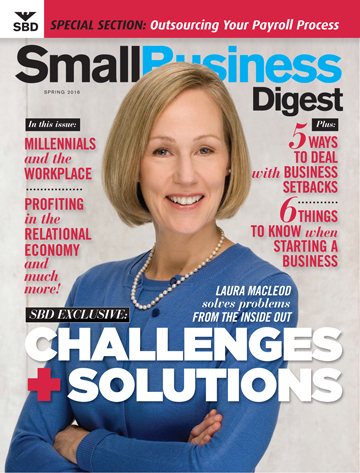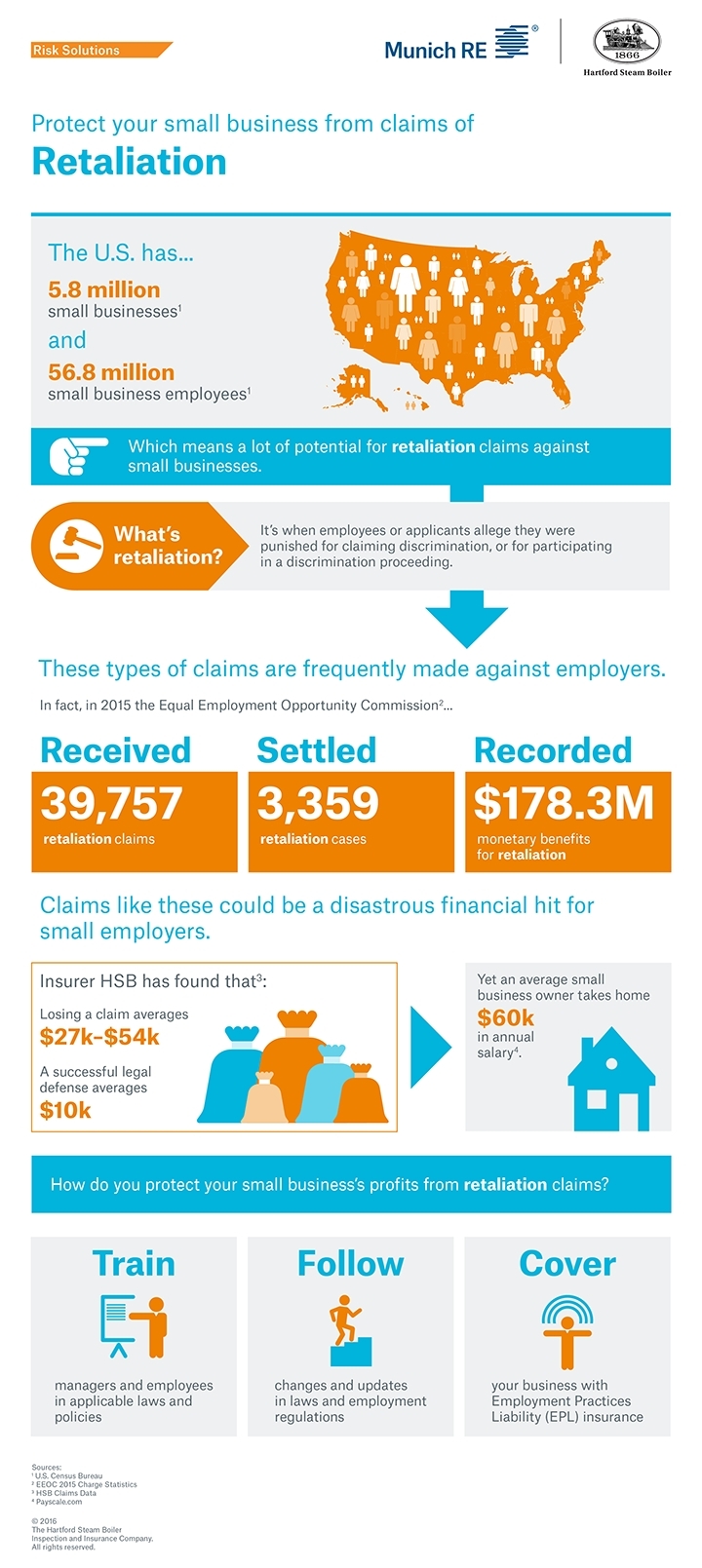Relational Economy Little Understood, Serviced
 Maybe someone owns a yoga studio, or a dog groomer, or a massage therapist.
Maybe someone owns a yoga studio, or a dog groomer, or a massage therapist.
Or perhaps that someone is a cosmetologist, an independent CPA or even a chimney sweep.
No matter what type of service they are providing to their clients, they know their business is different. It doesn’t operate like the restaurant down the street, or the tech companies online—and that’s because it’s part of the Relational Economy, according to Jerry Nettuno, CEO and Founder, Schedulicity.
He also believes they are part of a very underserved market sector versus other small businesses.
First, Nettuno explains and spells out the various economies as follows:
1. The Product Economy consists of merchants, retailers, and wholesalers. These are the businesses that sell products to consumers or businesses.
2. The Information Economy consists of information-based businesses, like technology and software.
3. The Relational Economy, however, is a huge portion of the economy that is made up of businesses that are based on transactional, social relationships that happen with frequency—it rests solely on relationships. This type of economy is made up of service-based businesses at a local level. In the past 5 years, the word “local” used to be a buzzword, but it’s blossomed. The Relational Economy lives in the “local” space. In fact, the true nature of “local” is the Relational Economy.
Now he explains how the Relational Economy is different,
1. Relationships: Relationships are important, no matter what the business is, but in the Relational Economy, the interaction between the service provider and the consumer is the business.
The businesses that exist within the Relational Economy interact with consumers in a more intimate, more personal, and more social manner. A hair stylist or a dog groomer has a very special and unique relationship with the consumers they providetheir highly peronalized. services
For example, there’s a huge difference between me walking in to get a cup of coffee at the local coffee shop and going to see my hair stylist. A hair stylist knows everything about the daughters of their clients. The hair stylist will ask how they’re doing and then ask the adult right after. The hair expert knows what’s going on in the lives of their clients and each consumer values that relationship. It’s what has kept faithful clients going back to the same stylist for the past 9 years, regardless of new salons opening and even featuring less expensive cuts.
2. Transactions: The transactions that happen within the Relational Economy happen with frequency. For example, one will get a haircut every 6-8 weeks. They’ll visit your dog’s groomer regularly.
The same service provider will be typically visited by them over and over again. The transactions that exist in the Relational Economy all go back to the first point – relationships.
3. Inventory: In the Relational Economy a business’ calendar is its inventory. Where the other economies sell products or information, businesses within the Relational Economy sell time through appointments. This important truth makes it so critical for businesses to make accessing these appointments as easy as possible. If it takes 8 phone calls back and forth just to get into someone’s favorite Pilates class or to schedule a massage, the relationship with the service provider will suffer.
Nettuno argues the Relational Economy is the most underserved of these sectors. He explains:
The Relational Economy consists of service-based businesses and is made up 100% of the consumers. This is all happening on a local level, which is a big reason why the market is underserved.
Businesses in the Relational Economy are fragmented and hard to find. They aren’t on a list somewhere. These businesses are hard to reach. One doesn’t find them because they aren’t found where larger businesses are found. But even though the Relational Economy makes up such a big portion of the economy, it’s ALL of the consumers.
Businesses in the Relational Economy outnumber the other economies, yet they are the most underserved when it comes to accessing the tools that they need to grow their business, to make their businesses more profitable, and most importantly, to make their relationships with the consumers better.
Opportunities for Businesses in the Relational Economy
Business owners in the Relational Economy have huge opportunities. One gets to be their own boss and create their own hours. It’s recession proof. They are working for themselves, serving the type of people they want to serve. Business in the Relational Economy is based on relationships, and for people who enjoy that, it’s a great business to be in. In the Relational Economy, they’re using their ability to turn relationships into recurring transactions. The better their relationships with their customers, the better their business is and does.
Jerry Nettuno, CEO and Founder, Schedulicity which offers a unique package of offerings to help companies in this sector.




